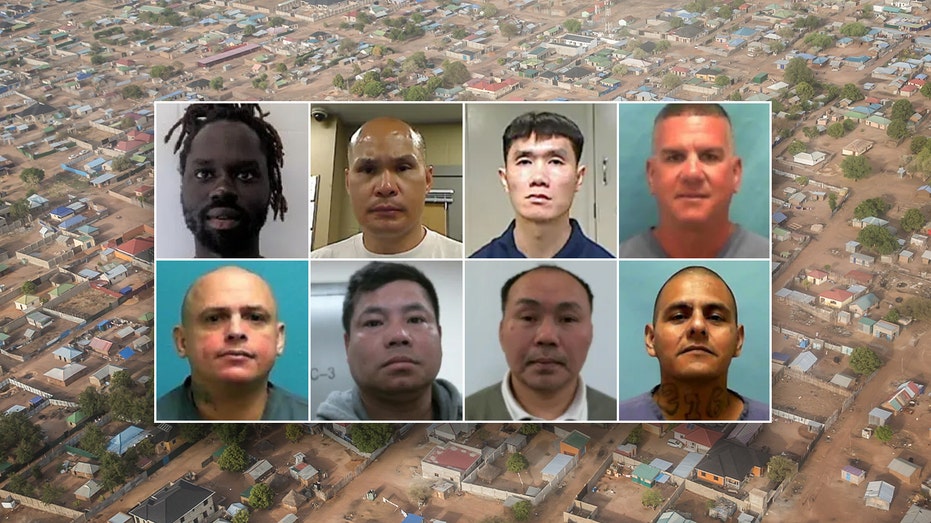DHS Ends TPS for 76,000 Honduran and Nicaraguan Migrants in Deportation Push

Sarah Johnson
July 7, 2025
Brief
DHS ends TPS for 76,000 Honduran and Nicaraguan migrants, aligning with Trump administration's deportation push. Learn more about this significant policy shift.
In a significant move, the Department of Homeland Security (DHS) has announced the termination of Temporary Protected Status (TPS) for approximately 76,000 migrants from Honduras and Nicaragua residing in the United States. This decision aligns with the Trump administration's broader push to intensify deportation efforts nationwide.
The end of TPS for these Central American nations follows similar actions taken recently against migrants from Haiti and Venezuela, though legal challenges have temporarily stalled some of these terminations. DHS Secretary Kristi Noem emphasized the temporary nature of the program, stating, "TPS was never meant to be permanent." She pointed to the recovery of Honduras from the devastating effects of Hurricane Mitch nearly 27 years ago as justification for the decision, asserting that it is now safe for Honduran citizens to return.
According to U.S. Citizenship and Immigration Services (USCIS), this policy shift impacts around 72,000 Hondurans and 4,000 Nicaraguans currently under TPS in the U.S. A DHS spokesperson also noted that the environmental conditions in Nicaragua, affected by a natural disaster in 1999, have sufficiently improved to allow safe returns. "This restores integrity to our immigration system," the spokesperson added.
In a noteworthy development, the Trump administration received a boost from the Supreme Court earlier this year, which overturned a lower court's injunction blocking TPS termination for Venezuelans. This ruling has paved the way for further revocations. Meanwhile, DHS is facilitating voluntary departures for affected Hondurans and Nicaraguans through the CBP One app, even offering a complimentary plane ticket and a $1,000 exit bonus as incentives.
At its core, TPS, established by Congress in 1990, offers refuge to individuals from nations grappling with war, natural disasters, or other extraordinary crises. While renewable every 18 months, the program is now under intense scrutiny as the administration redefines its scope. This decision raises profound questions about the balance between humanitarian relief and immigration enforcement—a debate that will undoubtedly continue to unfold.
Topics
Editor's Comments
Well, folks, it seems the DHS is playing a high-stakes game of 'pack your bags' with 76,000 migrants. Offering a plane ticket and a $1,000 bonus to leave? That’s like bribing someone to exit a party they weren’t even invited to! But behind the curtain, isn’t this just another chapter in the endless tug-of-war between compassion and control at our borders? And let’s not forget Honduras and Nicaragua—27 years after a hurricane, we’re saying, 'All clear, go home!' I guess Mother Nature got a memo to speed up recovery. What’s next, a $2,000 bonus to swim back?
Like this article? Share it with your friends!
If you find this article interesting, feel free to share it with your friends!
Thank you for your support! Sharing is the greatest encouragement for us.



